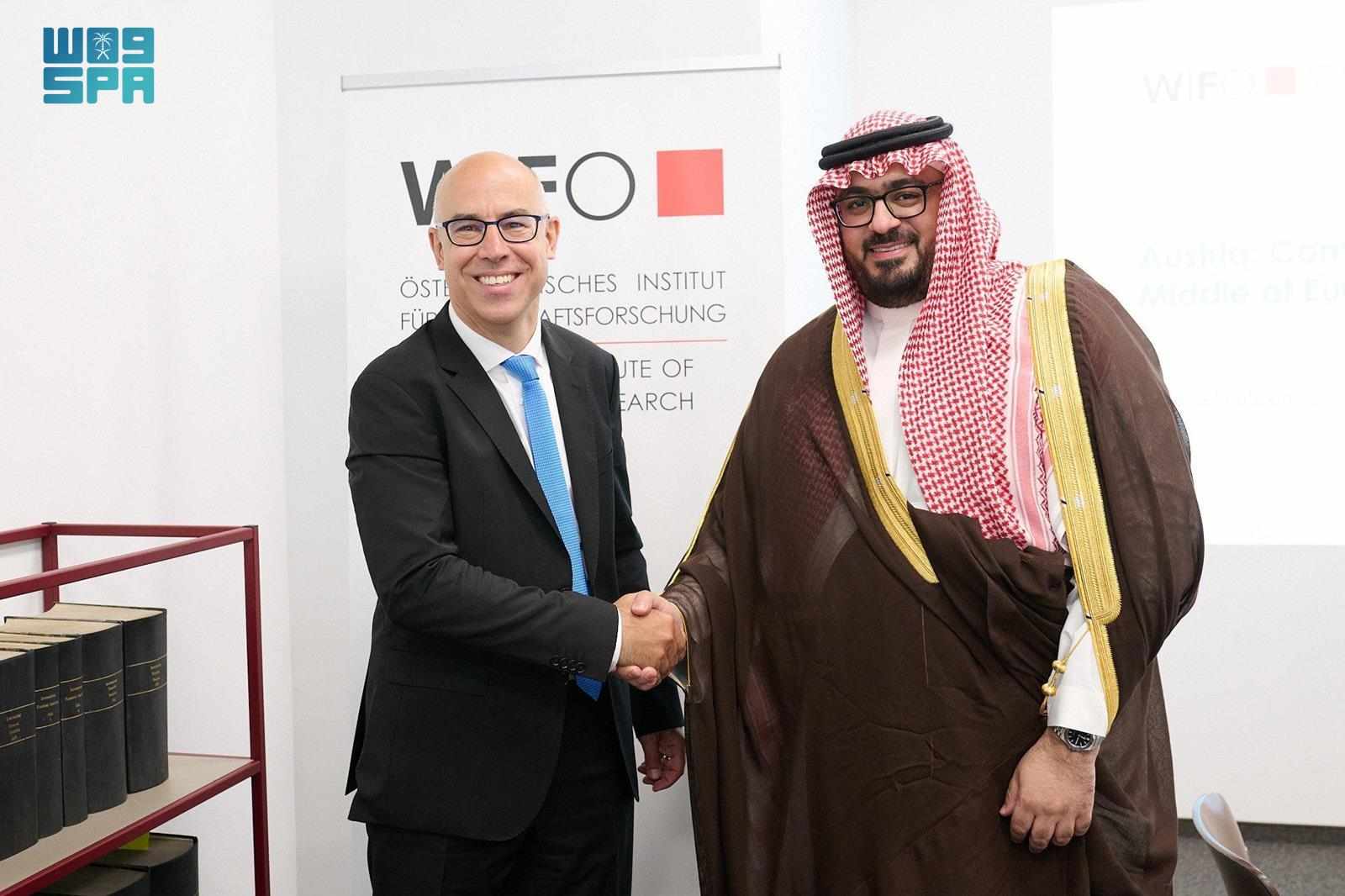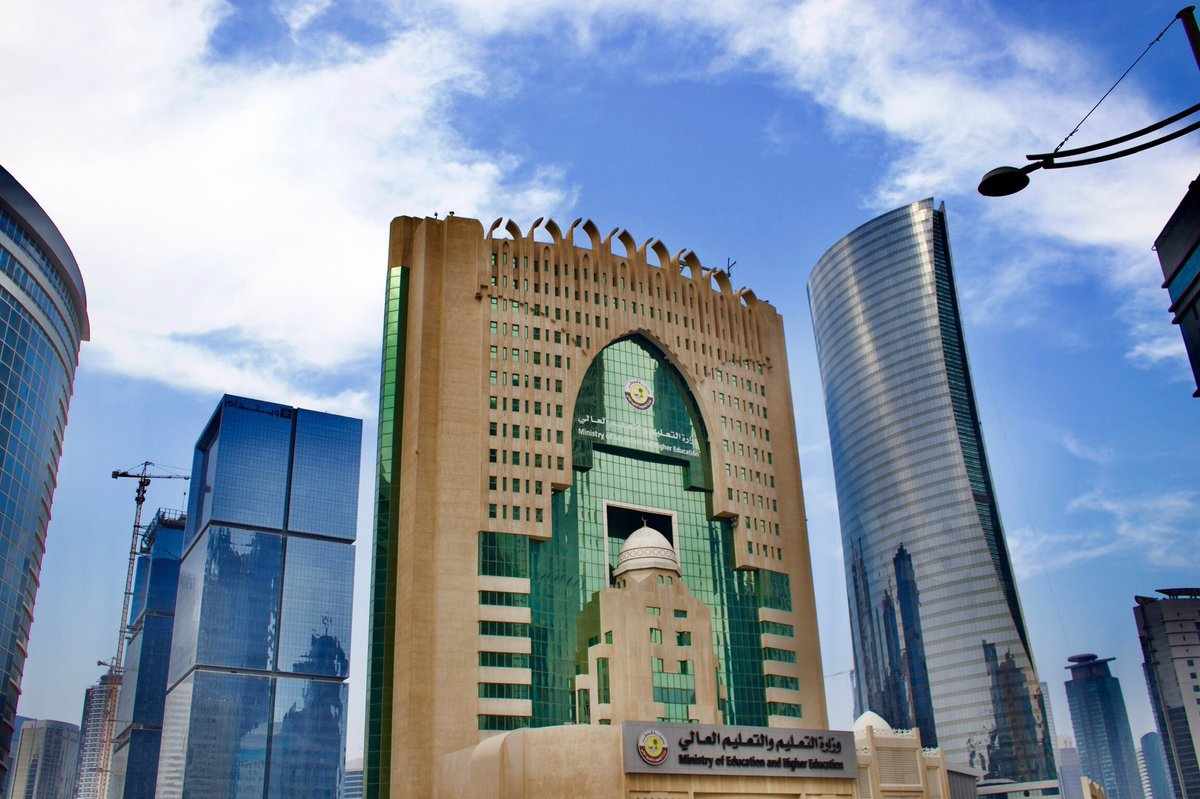GCC banks: Domestic deposits remain robust despite disruptive events
- Date: 24-Jun-2022
- Source: Zawya
- Sector:Financial Services
- Country:Qatar
GCC banks: Domestic deposits remain robust despite disruptive events
Banks in the Gulf Cooperation Council (GCC) states have remained stable despite political disruptions, which tend to trigger risk aversion among investors, prompting higher funding costs or even capital outflows from the system, according to a new report by S&P Global.
For GCC banks, "the largest funding item--private domestic deposits--has increased year-on-year over the past three decades despite a series of disruptive regional events, including Yemeni civil wars, the Arab Spring uprisings, the Iraq War, Qatar boycott, and several Houthi missile attacks," said analysts Benjamin Young and Mohamed Damak in the report.
The report pointed to four contributing factors that explain how GCC banking systems preserved deposit stability and maintained trend growth despite numerous geopolitical shocks.
Expatriates dominate the population, but not bank accounts: Although foreign residents comprise about 90 percent of the populations in Qatar and Dubai, they represent a far smaller percentage of retail deposits. In contrast, non-national retail deposits in Kuwait and Saudi Arabia represent less than 20 percent of the total because incentives for retaining out-of-contract migrant labor are less common, the ratings agency said.
Oil revenue has supported public spending, corporate development and population growth: Economic development policies backed by oil revenues have pulled vast amounts of expatriate labour



















